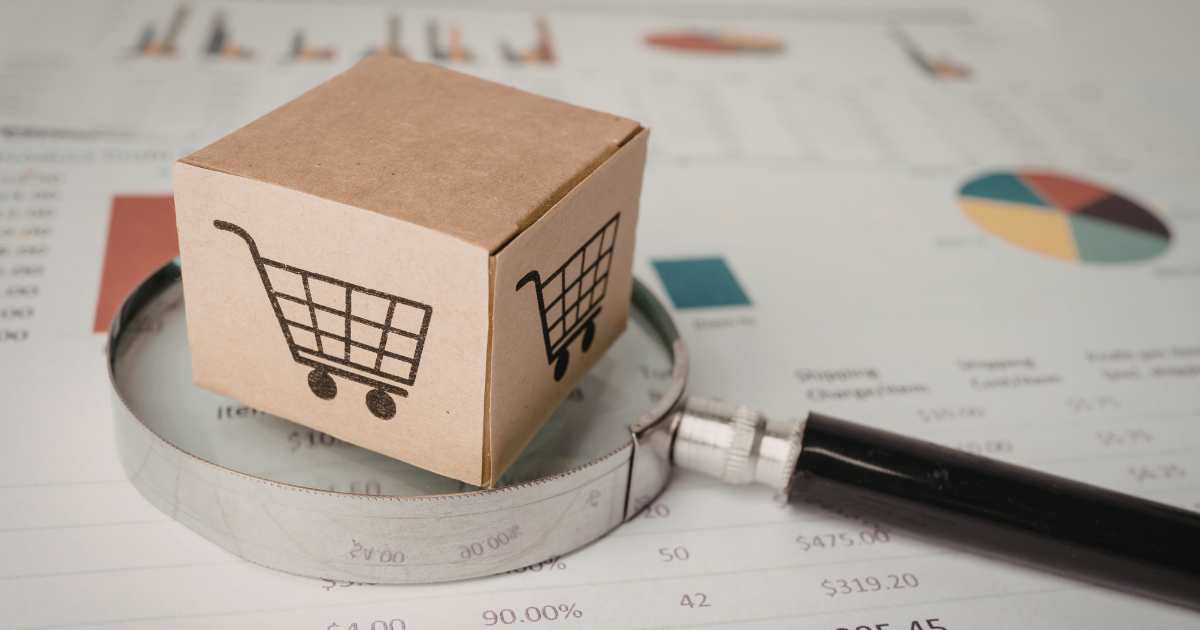
Is it just me, or have companies forgotten that we are right in the middle of one of the worst recessions we have experienced in our lifetimes? As consumers, we have all had to make dramatic changes which equate to a severe tightening of our collective belts.
Millions of people have given up all sorts of every day non-luxury items in order to cope with increasingly expensive prices.
Of course, it’s not all organizations that have put up prices excessively. For example, my physiotherapist increased her fees by 5% this year, and I think that most hotels catering to the local market and car hire companies have tried to maintain reasonable rates given competition from AirBnB, CouchSurfing and Uber. But these are exceptions rather than the rule.
Recently, Eskom and SANRAL have had an almost 10% increase in tariffs approved – mainly so that we can fund their collective past and current incompetence and stupidity. And they don’t even call it an increase – their spindoctors refer to it as “an adjustment.”
The almost-monopolistic satellite television broadcaster has also announced an increase way beyond inflation. Internet service providers and mobile telephone companies charge us more per megabyte than wealthy consumers in Europe, Asia and America pay.
All shoppers will assure you from their buying experiences that basic food commodities like maize meal, milk and bread, commodities have increased in expense way beyond the official inflation figure. I am told that education inflation is also way past the normal inflation rate – even though teachers seem to be suffering with low increases just as much as all of us.
When you start looking at food and non-food items like meat, soaps and detergents, stationery, cold drinks and alcoholic drinks, clothing, and the hundreds of other little basics that are now “luxuries”, the numbers get worse. I will not even go down the road of how expensive imported and locally produced basic appliances, electronic goods like mobile phones, computers, televisions, and new vehicles have become.
The one area in which we have a little bit of economic relief in our lives is the low price of petrol but with the increased fuel levy and after reading business magazines, I have discovered that economists, pundits and of course oil company executives feel that an imminent increase in the price of petrol is a good thing – so this too now is being seriously challenged.
In good and bad times
One of the scariest statements I have ever heard from a company marketing executive from a popular fast food chain was made at a conference of about 250 franchise owners in the group.
In response to a question about what the company’s official line on price increases was, he said, “Well, our policy is simple: we charge what we think the market can take.” As a result, buying food at this chain is very, very expensive.
Now, while times are good and the popularity of this business meant that they could get away with this strategy, right now it will not surprise you to hear that they are struggling with their profitability. Their customers have abandoned them, suppliers don’t want to supply them with the raw materials needed, employees are miserable because of all the uncertainty of waves of retrenchments, as well as the pressure on the survivors to do more with less, and shareholders are very unhappy, (not that I have too much sympathy for the latter group.)
The message to your customers has to go something like this: “Like you, we are struggling to make ends meet, and every day we are actively looking at ways in which we can reduce our costs. But we are not going to appease shareholders in the short term by making you suffer even further. We will commit to you now in your hard times because we know that this too shall pass, and we can together move to a brighter future as partners together.” Is this asking for too much? I don’t think so.
But what can customers and consumers do to help in this time of financial crisis? If you look on the internet, you will find dozens, perhaps hundreds of ideas for how to save money. Some of them are really very practical and appealing, like going to restaurants and movies in quiet times to get a better deal, (Spurs has a great Monday night deal!) or shifting your resources and time to producing your own water, electricity, vegetables and other things.
But as the title of this article implies, I believe that as customers we have to challenge everything in this world of excess that we have been persuaded we cannot live without. After some recent medical procedures and a focus on improving my health, I discovered I am very sensitive to many products that I have used for my whole life. The doctor recommended a list of things that could cause my rashes, and I now realise I am perfectly happy without them. Too much meat and sugar are poisonous for all of us as human beings, but cutting them down has proven really hard.
I shave only with water, and never put anything else on afterwards, no matter what the packaging says. I don’t put on any deodorants, but do use cheap aqueous cream instead, and I smell more pleasant as well. As a family we wash everything from dishes to clothes in basic detergents, with no adverse effects. My vegan mate has brilliant breath, and then one day he told me he doesn’t brush with toothpaste, and hasn’t done so for forty years. (He does brush his teeth twice a day with pure tap water.) On his advice, I may even find the courage to try this out one of these days.
Challenge everything that you don’t need, and that doesn’t give you anything more that momentary pleasure.
About the author: Aki Kalliatakis is Managing Partner of The Leadership LaunchPad, a customer service consultancy that promotes business growth through service excellence.





